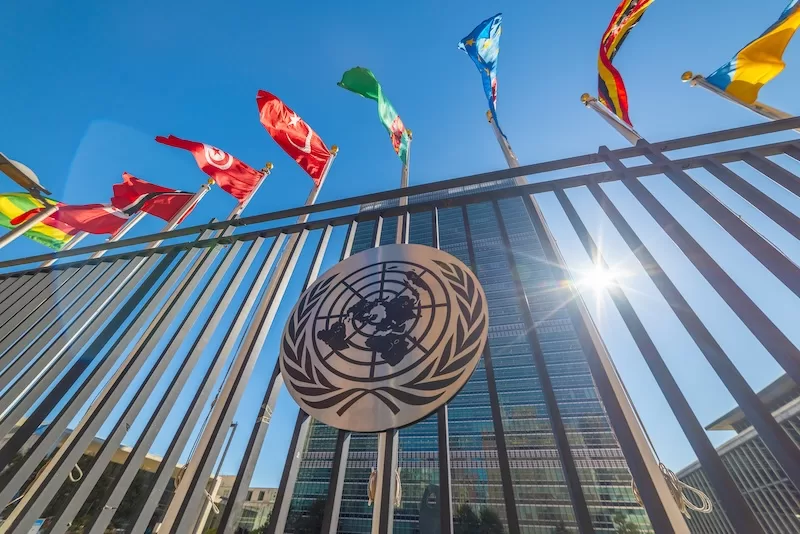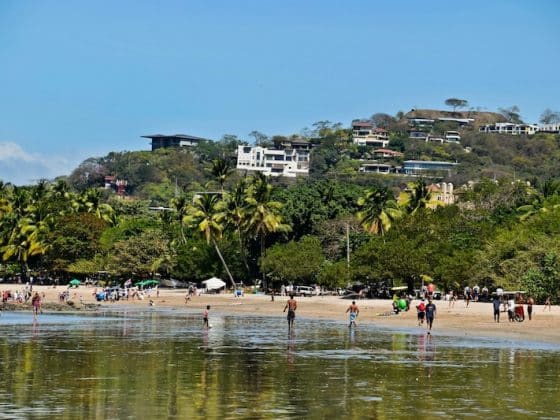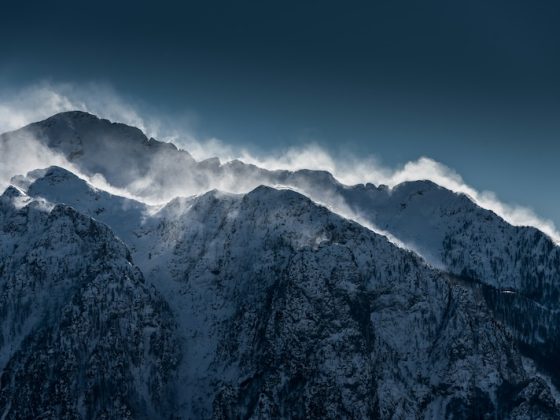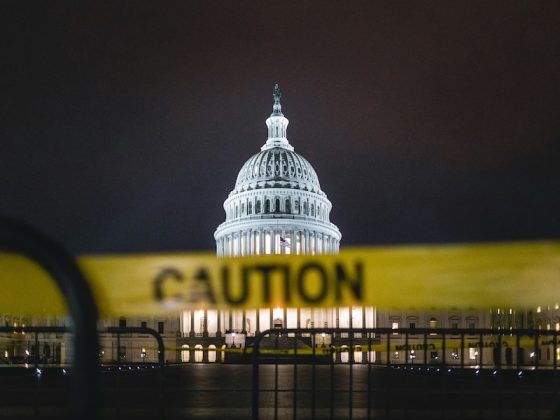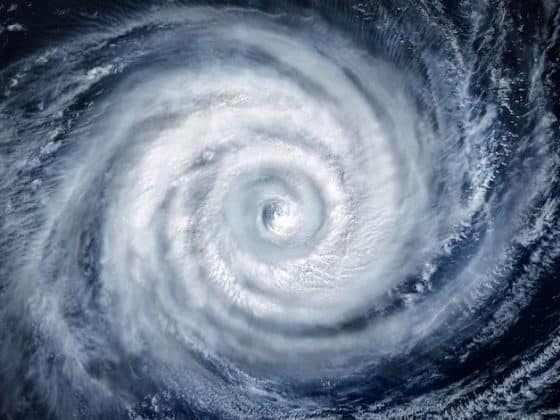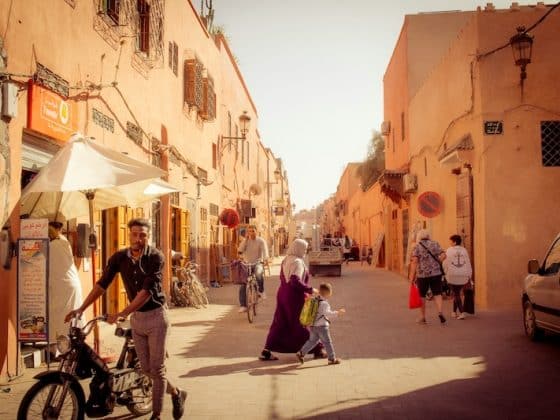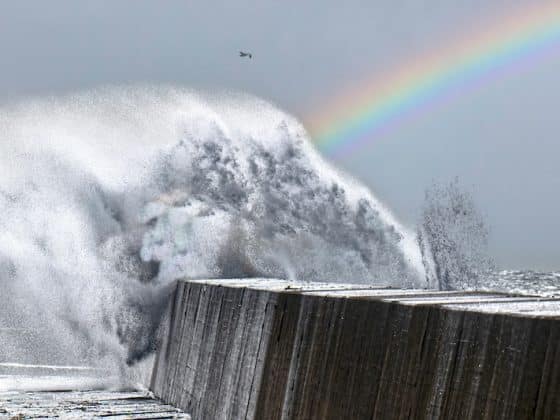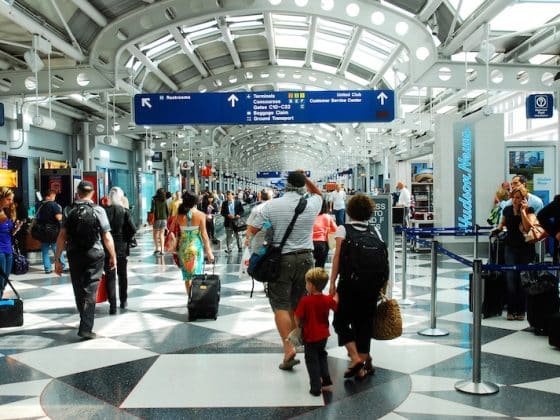This week’s headlines span diplomacy, disasters, and discovery. World leaders gather in New York for the UN General Assembly, Italy and Spain deploy navy ships after drone attacks on a Gaza flotilla, and Denmark sees its second airport closure in a week from rogue drones. Meanwhile, Time Out names the world’s “coolest” neighborhood for 2025, the first commercial space station edges closer to orbit, and Venezuela reels from a major earthquake.
Diplomacy on Display
The UN General Assembly opens in New York with world leaders marking the institution’s 80th year. The theme—“Better Together”—sits uneasily against the backdrop of wars in Ukraine and Gaza, economic headwinds, and accelerating climate shocks. Leaders face the task of defending the UN’s relevance at a time when multilateralism is under heavy strain.
For smaller nations, the annual gathering offers rare visibility on the global stage. From Pacific islands demanding climate justice to African states pressing for debt relief, the week underscores how New York remains a crossroads of global aspiration, even as questions grow about whether words will translate into action.
Read morel like this: Donald Trump has arrived in the UK
Mediterranean Escort
Italy and Spain have dispatched navy vessels to protect a humanitarian flotilla bound for Gaza after drones targeted the aid convoy earlier this week. The decision, unprecedented in recent years, reflects European unease about escalating regional instability and the risks to civilian relief operations.
Analysts say the move signals a tougher stance by Mediterranean nations, unwilling to let conflict spillover undermine their maritime security. For Rome and Madrid, the deployment blends humanitarian concern with political calculation, reinforcing their profiles as power brokers in the region.

Neighborhood of the Year
Time Out has officially named Jimbocho in Tokyo the world’s coolest neighborhood for 2025, praising its mix of vintage bookstores, curry shops, and low-key charm. The district, long beloved by readers and students, now stands at the top of Time Out’s global list after being evaluated on criteria like culture, community, nightlife, and “nowness.”
It wasn’t a landslide. The runner-ups include Borgerhout in Antwerp at No. 2 and Barra Funda in São Paulo at No. 3, with Camberwell in London taking the fourth spot and Avondale in Chicago rounding out the top five. These neighborhoods offer a snapshot of what “cool” looks like in 2025: authenticity, community, walkable streets, and a pulse that feels rooted instead of contrived.
Read more like this: Life in Tokyo in 3 Months , an Expat Journey

Drone Disruptions
Flights were grounded for the second time in a week at a Danish airport after drones forced airspace closures. Authorities scrambled to identify the operators, but the repeated disruptions highlight growing vulnerabilities in civil aviation to small, unmanned systems.
Travelers faced cancellations and diversions, while security officials warned that Europe’s infrastructure is increasingly exposed to drone interference. With similar incidents reported elsewhere, pressure is mounting for tighter regulation and more advanced counter-drone technology.
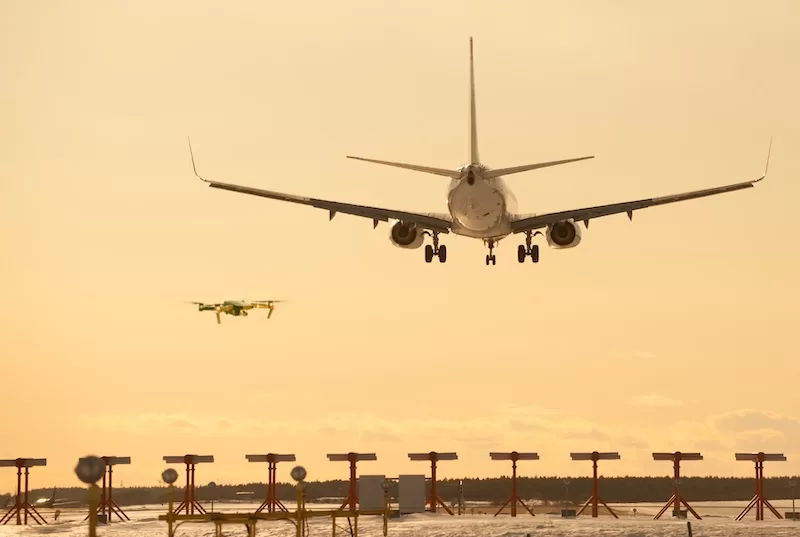
Orbit Beckons
The world’s first commercial space station is moving from concept to countdown, backed by Vast Space—the brainchild of cryptocurrency pioneer Jed McCaleb. Best known for Ripple and Mt. Gox, McCaleb is investing up to $1 billion into building orbital habitats, with Haven-1 set to launch on a SpaceX rocket in 2026. The station will test artificial gravity and host research, tourism, and long-term stays.
It marks a shift where crypto wealth funds frontiers once reserved for governments. Supporters hail it as the ISS’s successor and a step toward a global space marketplace. Skeptics point to the daunting technical challenges, but McCaleb’s gamble shows how digital fortunes are now fueling humanity’s next leap beyond Earth.

Venezuelan Jolt
A magnitude-6.1 earthquake shook western Venezuela this week, rattling communities and reigniting fears about the region’s seismic vulnerability. The tremor toppled homes, damaged infrastructure, and sent thousands fleeing into the streets.
Emergency crews are struggling with limited resources, while residents brace for aftershocks. Geologists note that Venezuela lies on a complex fault system, making future quakes inevitable. For a country already grappling with political turmoil and economic crisis, the disaster adds yet another layer of uncertainty.
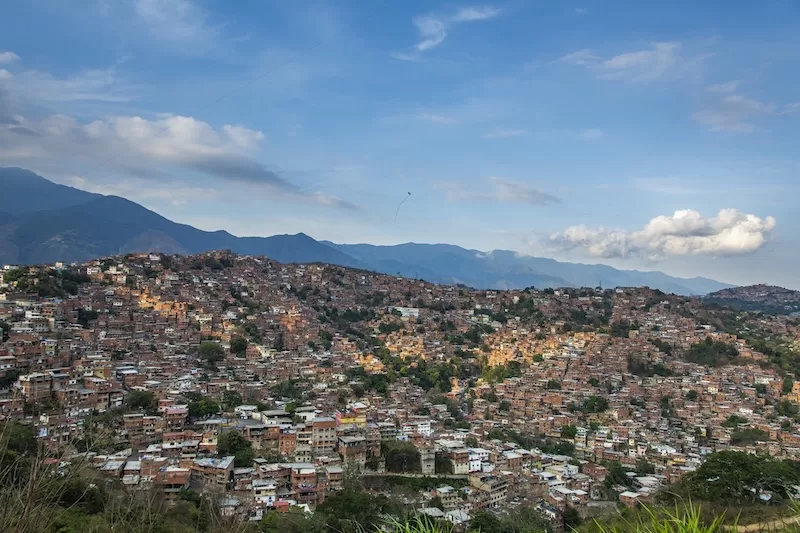
Read more like this: Last week’s Global News Roundup
Stay Ahead on Every Adventure!
Stay updated with the latest news on Escape Artist. Get all the travel news, international destinations, expat living, moving abroad, Lifestyle Tips, and digital nomad opportunities. Your next journey starts here—don’t miss a moment! Subscribe Now!
